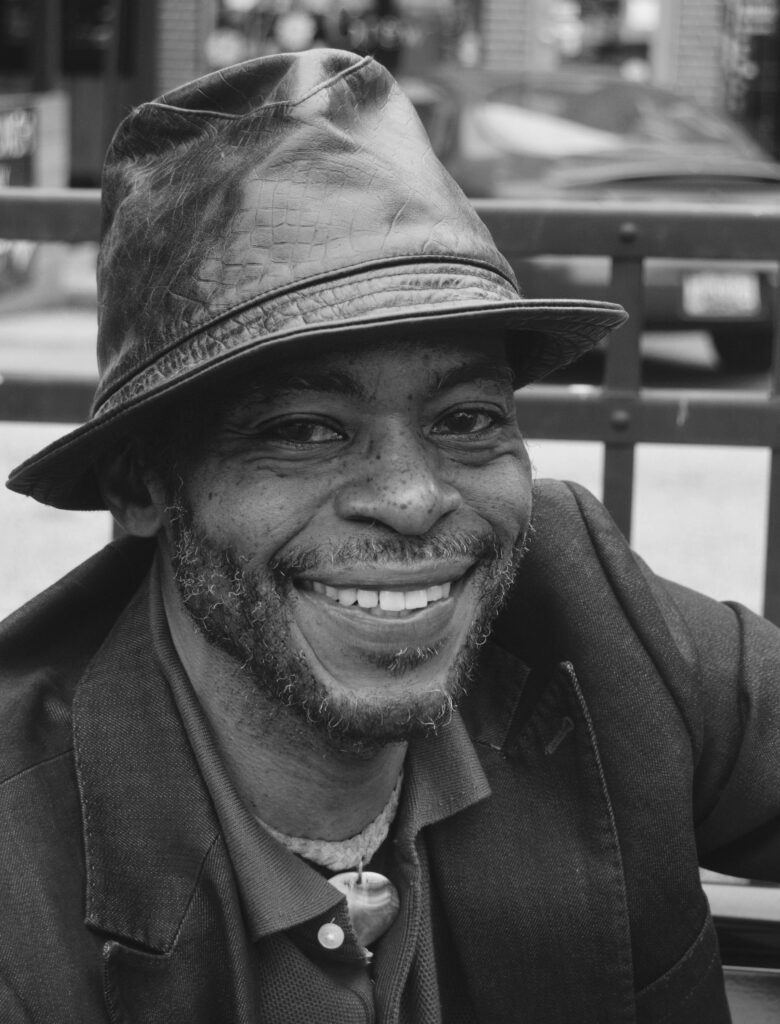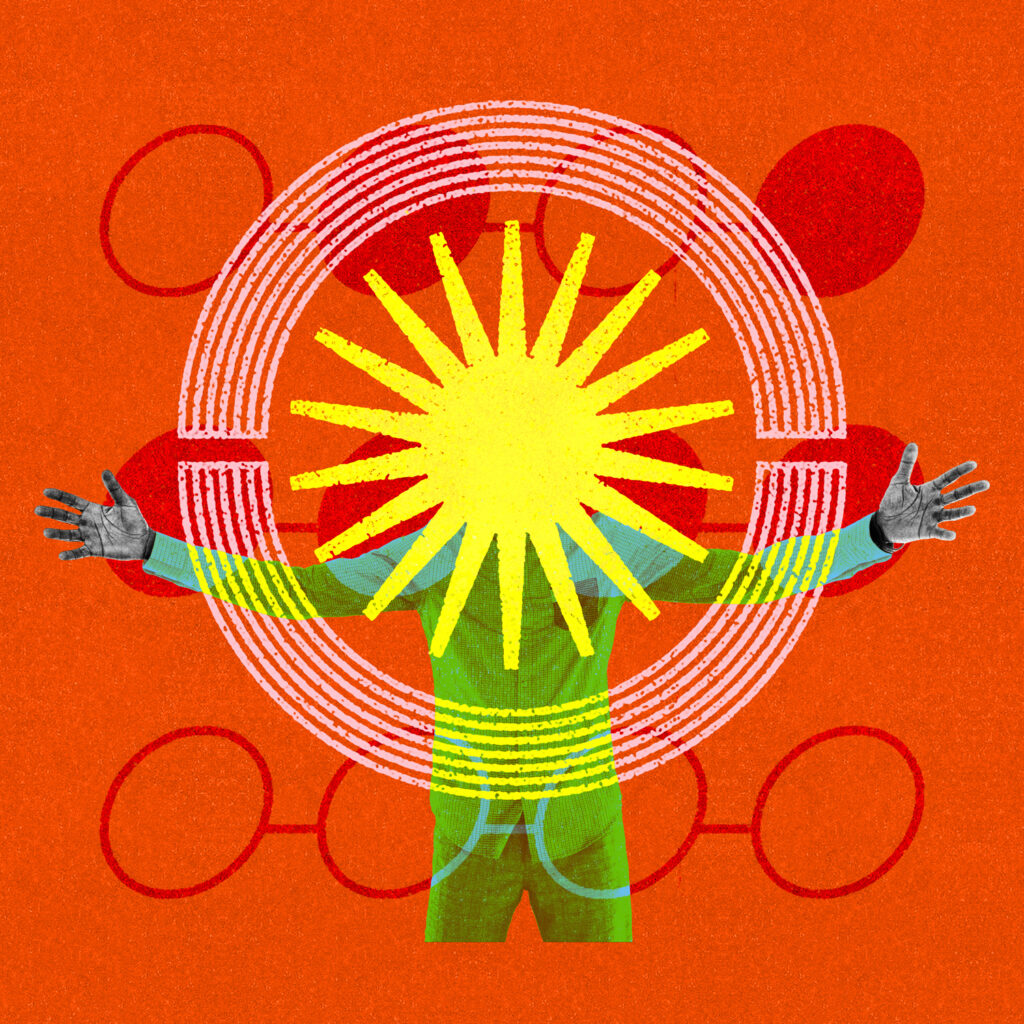Pianist Marc Cary to Release New Album “Life Lessons” on Sept. 17th, 2021 | LISTEN!
Pianist MARC CARY Debuts New Trio on LIFE LESSONS
with bassist Dan Chmielinski and drummer Diego Joaquin Ramirez
Cary developed the band in weekly curated late night jam sessions — The Harlem Sessions – since 2015 emphasizing a creative approach to shared repertoire
Available September 17th, 2021 via Sessionheads United
We are all the sum of our experiences. Our childhoods, schooling, friendships, families, and work experiences all play a part in how we see the world, and what we have to say about it. Life Lessons, keyboardist Marc Cary’s 18th album as a leader, draws from that principle both to honour those who helped him on his journey, and to celebrate where he is today.
“For me, music is a community,” he says, a lesson he carries from his youth in Washington, D.C.’s go-go music scene. Go-go bands were big in both senses; not only did they define the sound of early ‘80s D.C. through such hits as “Da Butt,” “Hey, Fellas” and “We Need Some Money,” but the groups themselves frequently ran to eight, nine or ten musicians, plus extras. “It was band and show,” Cary recalls. “My band, we had two unicyclists on the sides of stage, dancing. On unicycles.”
Go-go wasn’t just a sound, though. It was also a scene, one which instilled a sense of pride and belonging in the city’s club-goers. Even after he left D.C., graduating from the Duke Ellington School for the Arts and putting in time with such jazz legends as Abbey Lincoln, Betty Carter, Roy Hargrove, Jackie McLean, and Randy Weston, Cary held on to the community ideal. In 2015, that seed gave flower to the Harlem Sessions, a New York creative space inspired in part by Lincoln’s Moseka House concept. There, Cary — who by then was a name in his own right, thanks to several music poll wins.
The Harlem Sessions was also where Cary put together his current trio, and Life Lessons is nothing if not a testament to the musical bonds these three have forged. Take, for instance, their performance on the Roy Hargrove tune “Trust.” They don’t approach it like a standard piano trio, with the bassist maintaining a steady pulse while the drummer adds accents and fills behind the pianist’s extrapolations. Instead, bassist Dan Chmielinski offers melodic counterpoint to Cary’s improvisations while drummer Diego Joaquin Ramirez’s layered, colouristic accompaniment blurs the line between drums and percussion. There’s enough independence in what they’re playing to make the music feel free, but the performance builds to the sort of shared climax that can only come from three minds with the same thought.
“This is only possible through a lot of time, and putting a lot of trust,” Cary says. Both Chmielinski and Ramirez studied with Cary, and as the pianist puts it, “They don’t come as empty vessels. It’s a three-way relationship that was built, really, over every week, playing together for three or four years, and also being in class together for two years prior.”
Life Lessons includes two songs by Abbey Lincoln, “And It’s Supposed to Be Love” and “Learning How to Listen.” Cary has deep ties to Lincoln’s music, having accompanied her for a dozen years, but it isn’t just his familiarity with the music that makes these tracks remarkable. When playing the head, Cary’s piano phrases the melody with such care and deliberation that it’s almost as if he’s articulating the lyrics through the keyboard. “What you’re hearing is literally just the way she spoke it, and with the spaces as much as I can reiterate,” he says. “It’s my version of it, of course, but you know that melody.”
Elsewhere, Life Lessons showcases Cary’s mastery of Rhodes piano and electronic keyboards. Unlike a lot of jazz pianists, who treat synths as a sideline to acoustic piano, Cary has been plugged in from the first. “I started on synths,” he says. “And then I went to Fender Rhodes, then to Wurlitzer, and then I went to acoustic piano.”
“It’s Not a Good Day to Die,” which was composed in tribute to Amadou Diallo, the unarmed immigrant killed by New York police in 1999, gives a good sense of how Cary layers keyboard textures into colourful, evocative soundscapes. Most of the melody is voiced by the Rhodes, which — thanks to Chmielinski’s growling, funky Moog bass — takes on a melancholy retro-soul feel. But it’s his use of secondary synths that broadens the arrangement, lending a lush, pastoral feel through chirping countermelodies and hushed under harmonies. By contrast, “Phase 2,” which is based on the raga Chundracones, is all buzzing synths, icy compression, and bright metallic textures. The playing is brilliant, with Cary spinning synth lines along two axes, melodic and timbral, while simultaneously working intricate variations on the five-note scale. Moreover, though the sonic palette seems more industrial than Indian classical, it’s easy to hear the Carnatic influence, particularly in Ramirez’s drumming.
“I like fuzz. I like noise. I’m very industrial,” Cary says. “But the reason I use synth is because it’s much more expressive than the binary piano, and so I can actually use the melisma of what I would sing. I’m too old to be a singer, but I am melodic.”
Photo Credit: Kenneth Dickerson
RELEASE DATE: September 17th, 2021
www.marccary.com
www.fullyaltered.com

